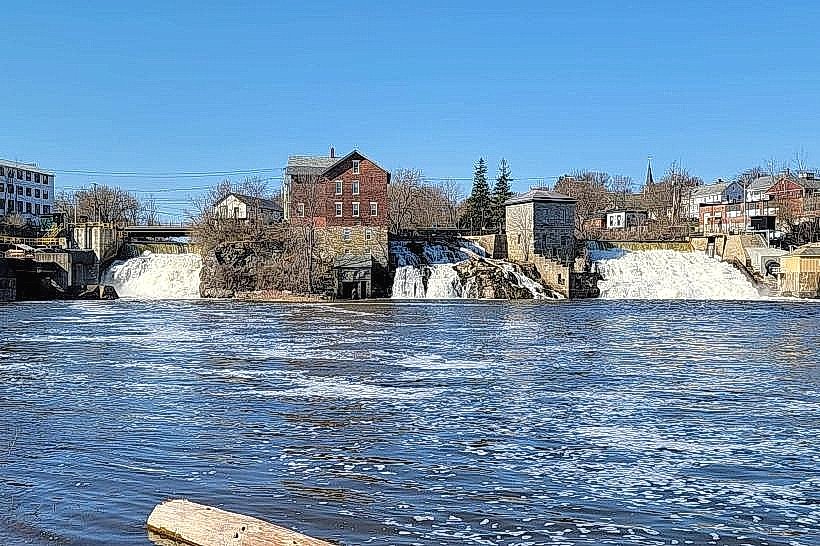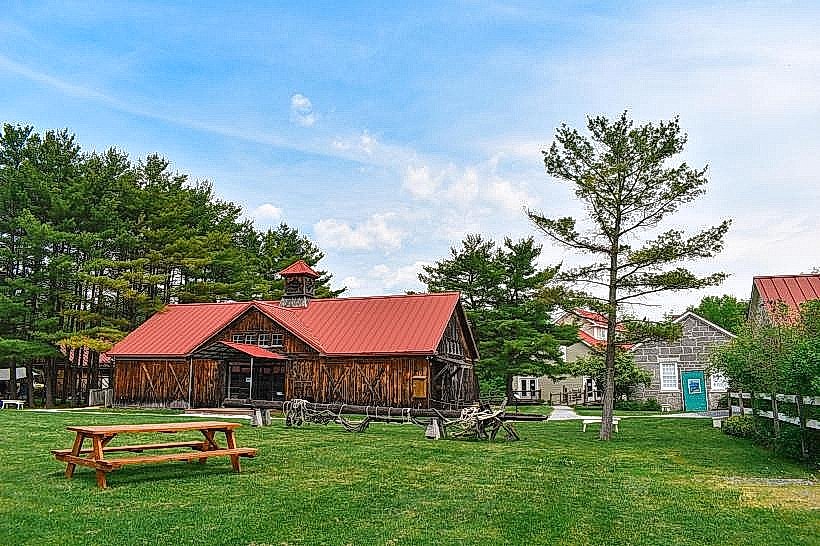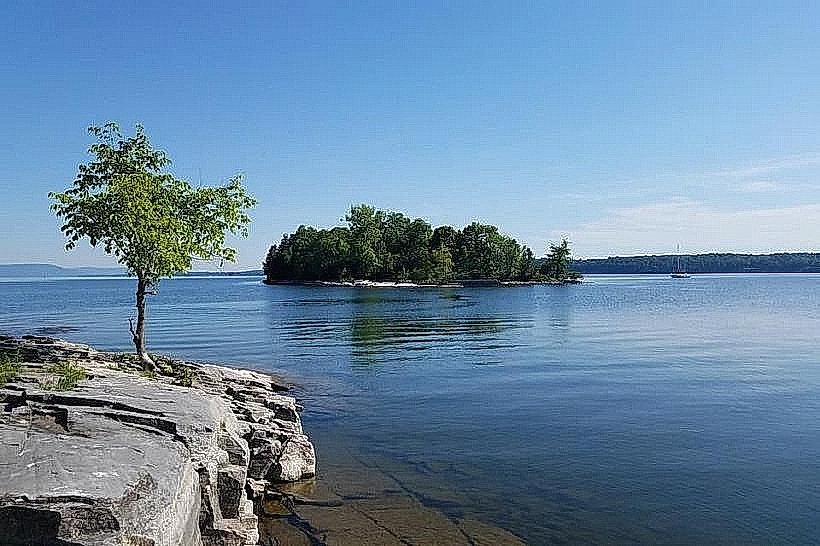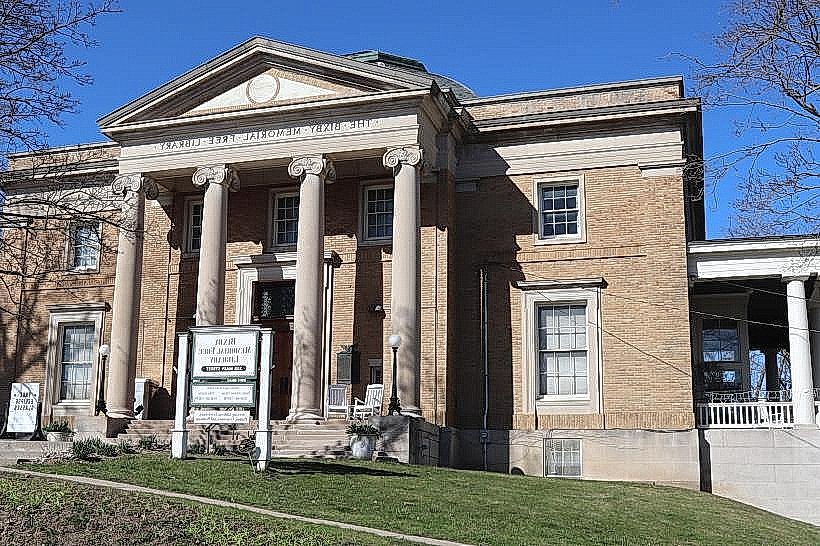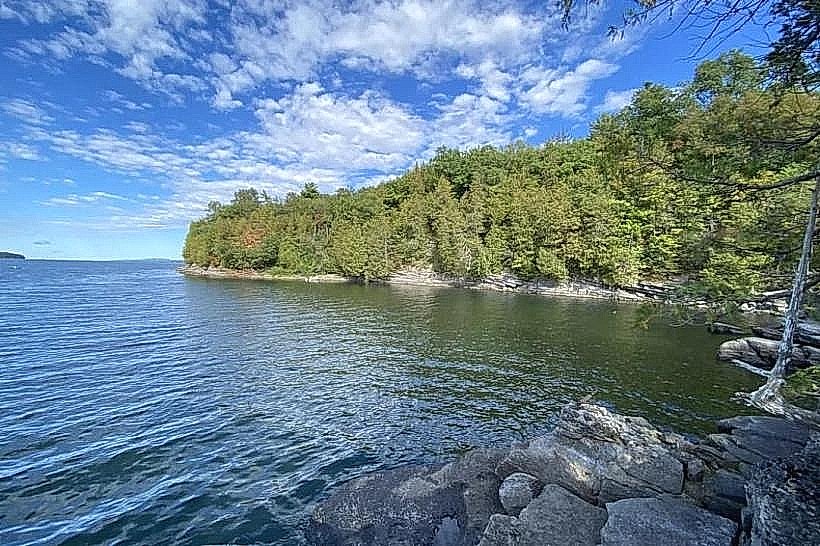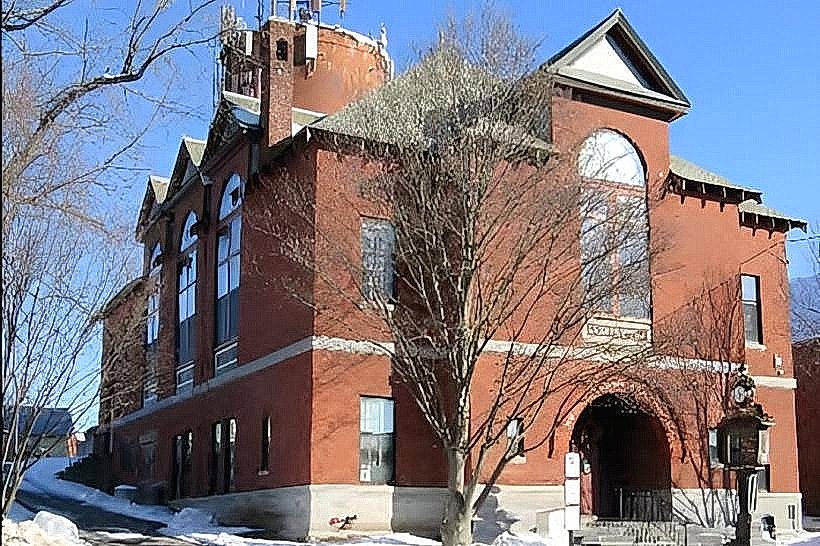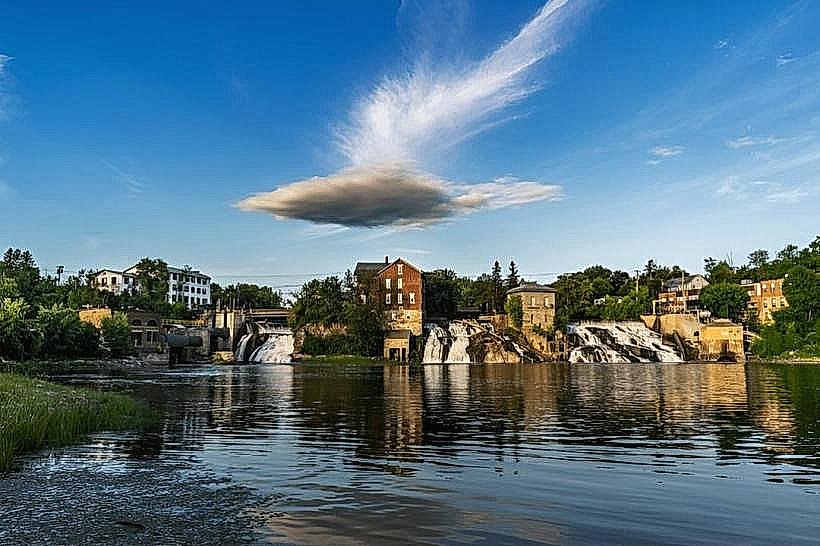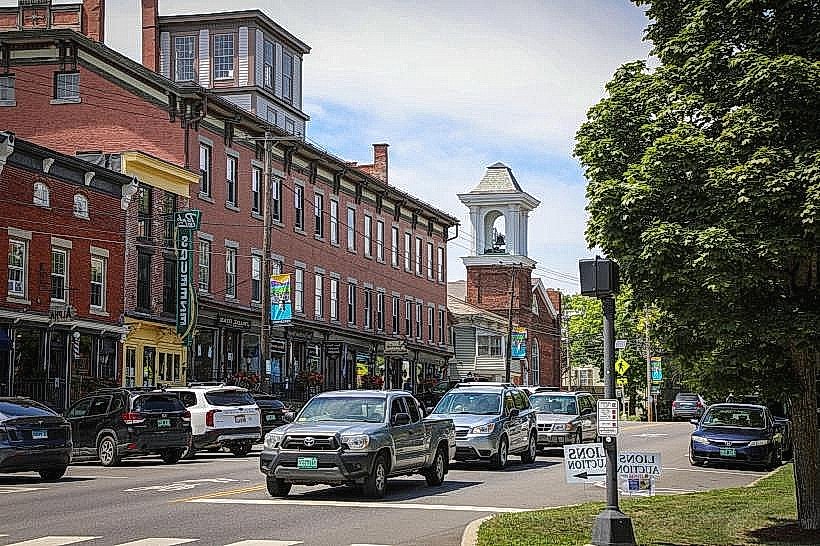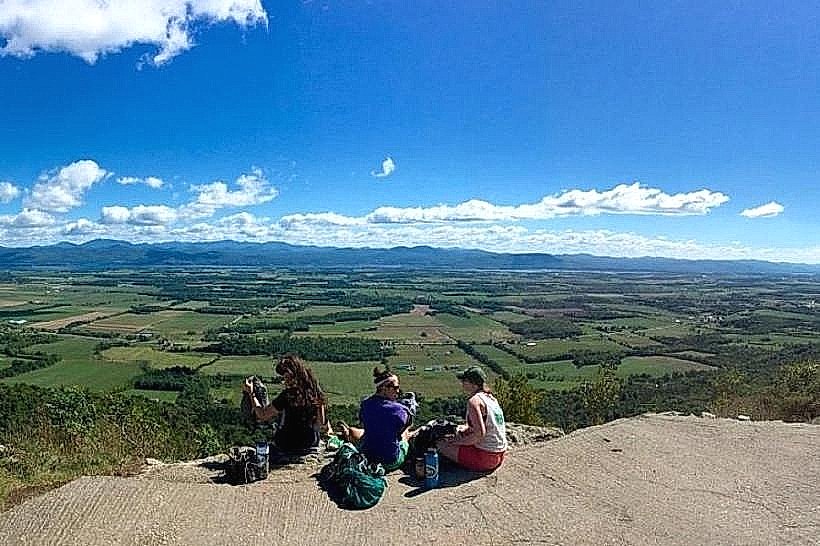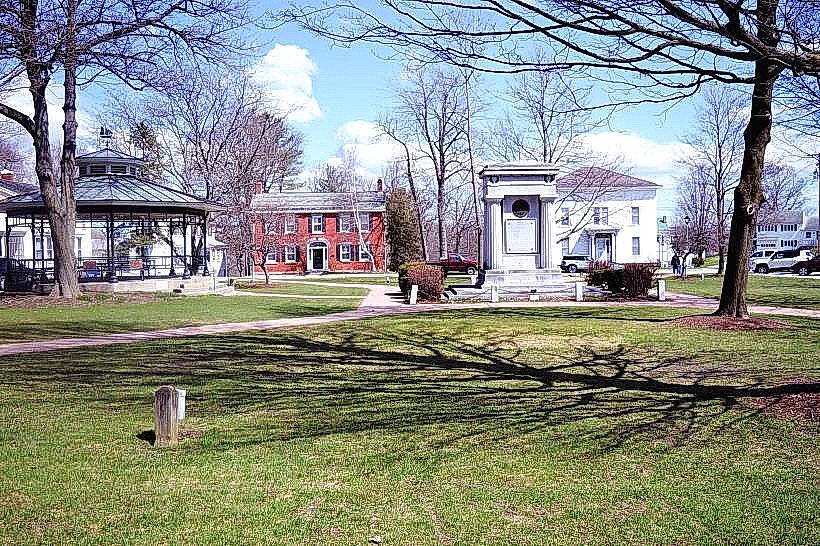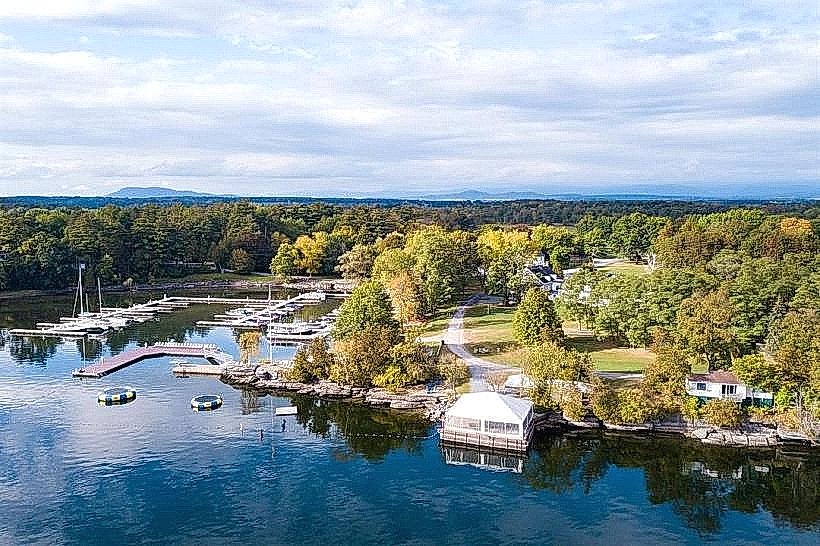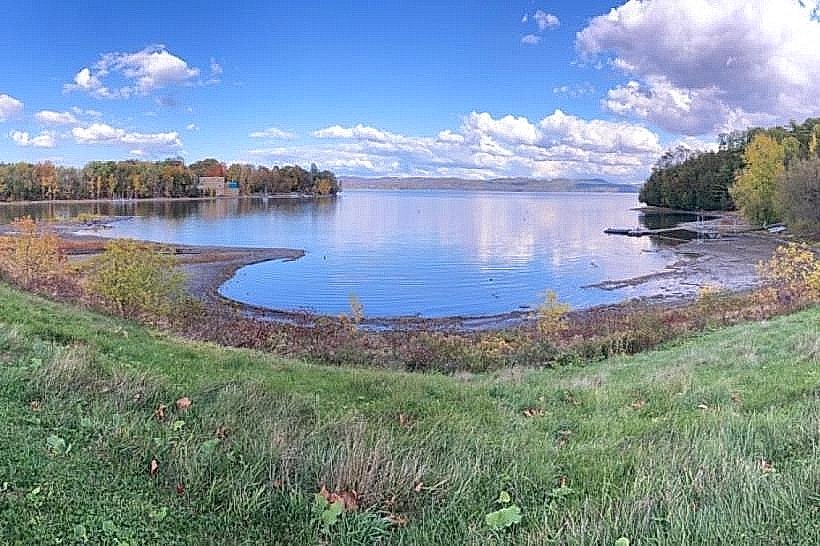Information
Landmark: Dead Creek Wildlife Management AreaCity: Vergennes
Country: USA Vermont
Continent: North America
Dead Creek Wildlife Management Area, Vergennes, USA Vermont, North America
The Cathedral of Saint Joseph is a Roman Catholic cathedral located in Sioux Falls, South Dakota.
Visual Characteristics
The cathedral is constructed primarily of Sioux Quartzite, a local red stone, giving it a distinctive reddish-brown hue. It features a prominent central tower topped with a copper-clad spire. The architectural style is predominantly Gothic Revival, characterized by pointed arches, ribbed vaults, and stained-glass windows.
Location & Access Logistics
The cathedral is situated at 501 N Duluth Ave, Sioux Falls, SD 57104, approximately 1.5km north of the downtown core. On-street parking is available on surrounding streets, and a dedicated parking lot is accessible from N Duluth Ave. Public transport options include the Metro Transit bus system; Route 1 stops within a 0.2km walk of the cathedral.
Historical & Ecological Origin
Construction of the current cathedral began in 1915 and was completed in 1918. It was designed by architect George W. Stauduhar. The original purpose was to serve as the principal church for the Roman Catholic Diocese of Sioux Falls.
Key Highlights & Activities
Visitors can observe the detailed stained-glass windows depicting biblical scenes. The interior features ornate altars and statuary. Self-guided tours of the main sanctuary are permitted during non-service hours.
Infrastructure & Amenities
Restrooms are available within the cathedral complex. Limited shade is provided by the building's structure. Cell phone signal (4G/5G) is generally reliable in the immediate vicinity. No food vendors are located directly on-site, but several restaurants are within a 0.5km radius.
Best Time to Visit
For optimal interior lighting and photography, visiting during midday when sunlight streams through the stained-glass windows is recommended. The best months for weather are typically May through October, avoiding the harsher winter conditions.
Facts & Legends
The Sioux Quartzite used in the cathedral's construction was quarried from a site near Dell Rapids, South Dakota, approximately 40km north of Sioux Falls. This stone is known for its durability and unique coloration.
Nearby Landmarks
- 0.8km South: Old Courthouse Museum
- 1.2km Southwest: Falls Park
- 1.5km Southeast: Washington Pavilion of Arts and Science
- 2.0km West: Great Plains Zoo & Delbridge Museum of Natural History

